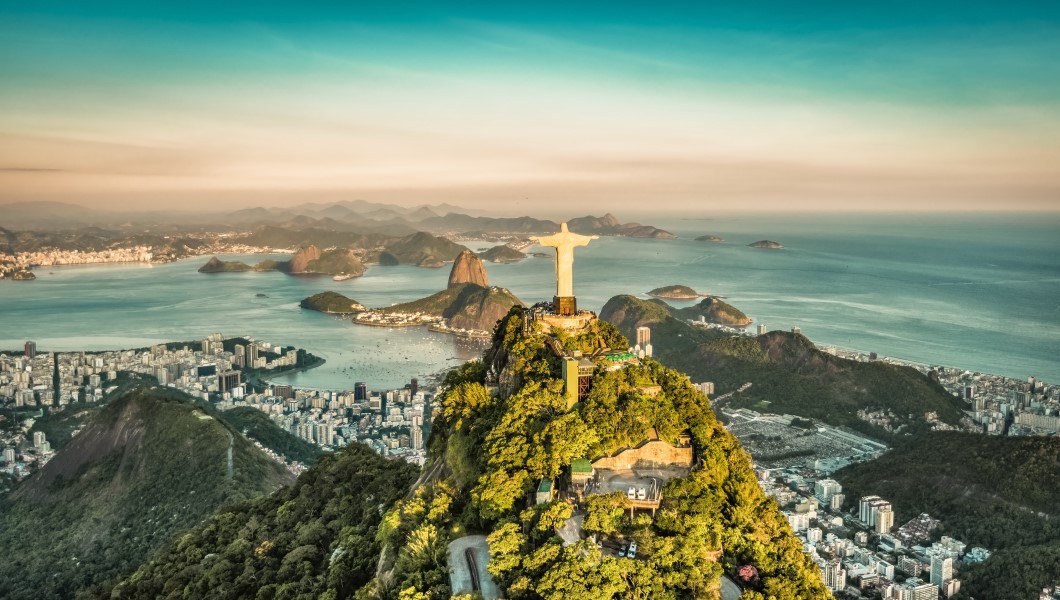The world is so bewildering at the moment that even tourism has become a target, a phenomenon aptly named by the European press as “tourism-phobia”. In Barcelona (Spain), radical groups have already launched attacks against at least seven hotels.
The photo of a graffiti spread across a wall of the city, stating “All tourists are bastards”, has become viral on the internet. This sense of hostility is perfectly mirrored by the mayor Ada Colau, who affirmed: “We do not want to see the city turned into a store of cheap souvenirs”.
It is not an isolated case however – similar stances have been found in Venice (Italy) and other cities. The British newspaper The Independent wrote an article about nine locations where tourists are not welcome. None of them is in Latin America – and this is a chance for Brazil.
Brazil welcomed 6.5 million tourists last year alone. However, Spain, for instance, was visited by 10.5 million tourists in June. France, on the other hand, has registered 83 million visitors in 2016. The numbers become even more jaw-dropping if we compare the territorial scales – Brazil is approximately 15 times larger than Spain.
The fact that there are more people opting for traditional destinations than those in Brazil is comprehensible. Barcelona, Paris, London, Venice are cities that mesmerize any citizen of the world. The means and alternatives to travel within Europe are more wide-ranging and affordable than what is found in different Brazilian states.
The issue, nonetheless, has nothing to do with the greater number of people in Europe, rather with the tiny percentage that comes here.

Let’s then establish yet another comparison, now with a nation similar to Brazil – Mexico. The result is, once again, equally unfavorable to Brazil. The number of tourists in Mexico, last year, reached the 23-million hallmark, 4 times more than Brazil’s total, approximately. Mexico City alone welcomes more tourists than Brazil as a whole.
Another argument often used is violence. That a large number of tourists would skip Brazil due to the nation’s high level of violence. In that case, one should recall that Mexico is far from being heaven on earth. And Europe had to deal with terrorist attacks, which affected the flow of tourists, yet the situation did not reach a point of considerable decline (in France, for instance, there is an estimate that 1.5 million people stopped visiting the country due to terror-related threats).
The issue, therefore, is found in another area. “One should question what is actually preventing Brazil from having the tourism industry that could be able to create millions of jobs and increase the country’s GDP,” says the Spanish journalist and writer Juan Arias, in an article published by El País.
“Wouldn’t that be because governments in Brazil, busy with narrow-minded politics and protecting their own privileges, never took international tourism seriously to begin with, ignoring that it could be a source of national wealth?”.
Arias emphasizes an important detail: after the terrorist attacks in France, the authorities have put in motion 59 measures to promote tourism. “How many measures and what is the effectiveness of the Brazilian government when it comes to promoting tourism, which has been stagnant for years?” he asks.
Cities like Barcelona and Venice can complain about tourists – after having earned an insurmountable sum of money with them, one has to say – but the fact is that tourism accounts for 10% of the world’s GDP. On average, for every 11 jobs one is part of the tourism industry, whose revenues surpass the automotive, oil and food industries. This is a niche that Brazil has yet to explore.
